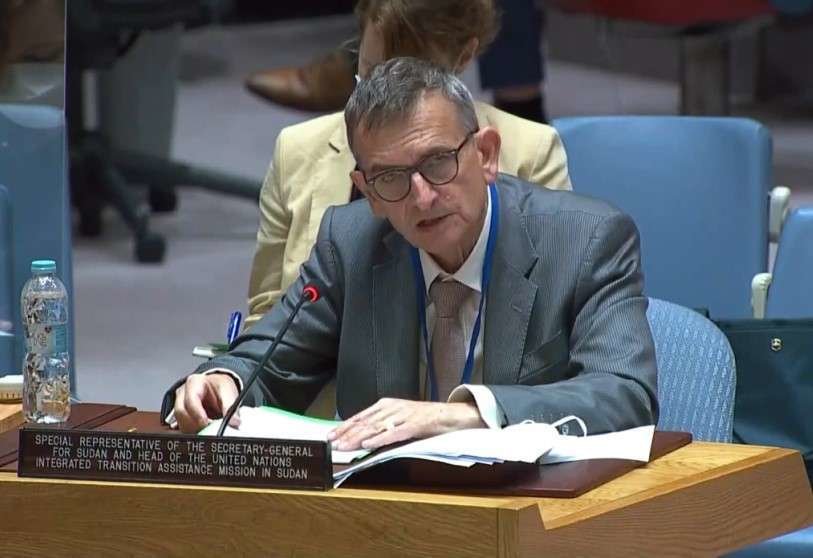Al-Sisi calls on international community to "fulfil its obligations" in Sudan crisis

Since the violence in Sudan began in April, the situation for its population has only worsened. Although the conflict has not escalated to alarming levels, the reality is that the population is living in a situation of helplessness that cries out for the intervention of the international community. To this end, Cairo hosted a summit which, although, as Ethiopian Prime Minister Abiy Ahmed said, "I had hoped our meeting would be about development, not conflict", ended up becoming a call for countries to help the Sudanese situation.
The meeting, led by Egyptian President Abdel Fatah Al-Sisi, acknowledged the aid that Saudi Arabia is providing to Sudan, which is proving to be key for the population. Riyadh was one of the main mediators in the conflict and, together with the United States, managed to negotiate a three-day truce less than a month ago. However, Ahmed says that all these efforts will fall on deaf ears as it is urgent to "organise a transition process in Sudan". As the Ethiopian Prime Minister stressed, the Sudanese situation "will make the countries of the Horn of Africa suffer" if the parties to the conflict continue to avoid resolving the crisis.

Al-Sisi also appealed for help from Western countries: "We took the initiative to receive Sudanese refugees immediately after the outbreak of the crisis, and I call on the international community to fulfil its commitments". For its part, Cairo "will work to facilitate the passage of humanitarian aid through Egyptian territory in coordination with the agencies of the competent bodies". Until now, humanitarian aid has not been able to reach Sudan by land through Egypt, so this announcement is an important step forward and a cause for optimism.
The solution advocated by the Egyptian president is divided into three key sections. The first is an immediate ceasefire, followed by the "start of negotiations to reach a comprehensive and permanent ceasefire", and finally the creation of a contact group between neighbouring countries. However, what they see from the West is that the efforts of regional countries are not only not resulting in an improvement in the situation, but are also impeding the work of the UN. This is evidenced by the recent declaration of the head of the UN Integrated Transition Assistance Mission in Sudan (UNITAMS) Volker Perthes as "persona non grata" by the Sudanese government.

Perthes' non-participation in the summit organised by the Intergovernmental Authority on Development (IGAD), the main cooperation body for East African countries, has led Perthes to consider that Sudan "has lost the confidence of the countries in the region". Not only that, but the UN envoy claims that the Sudanese government has lost control, which, as he said in an interview with Al Jazeera, "affects the UN's efforts" by preventing its entry into Khartoum.
More than 2,800 dead and almost three million displaced in the four months since the conflict began do not seem enough to bring the Sudanese administration to its senses. Not even the summit orchestrated by Abdel Fatah Al-Sisi seems to bring any improvement that, beyond the complex political situation, is notably worsening the humanitarian context in the country. This is the main concern of the United Nations, which now, moreover, will not be able to count on the head of UNITAMS on the ground due to the Sudanese government's veto.








